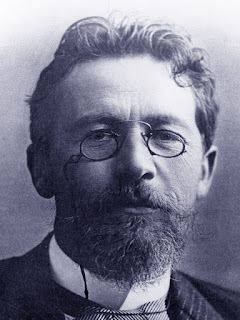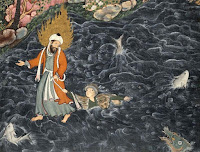Why Read Chekov?

Great writers don’t invite us to themselves; they invite us to the holiness accessible to all. “I'm crazy about Chekhov. I never knew anybody that wasn't,” said Woody Allen, US filmmaker. Chekhov died at age 44 fighting tuberculosis with rare dignity and fortitude. Great writers are missionaries of Spirit/Life and thus welcome in every land as they don’t invite us to themselves, to airy abstractions, to utopias, to ideologies that come and go. They invite us to the holiness accessible to all and sundry, to common or shared joys and beauty. With them we don’t feel intimidated but a certain fellowship of spirit. The way we need personal/family doctors and Masters we also need writers. West, a Christian and teacher of religion at Harvard, wrote about the agnostic Chekhov: “I find the incomparable works of Anton Chekhov— the best singular body by a modern artist— to be the wisest and deepest interpretations of what human beings confront in their daily struggles. . . . I find...





